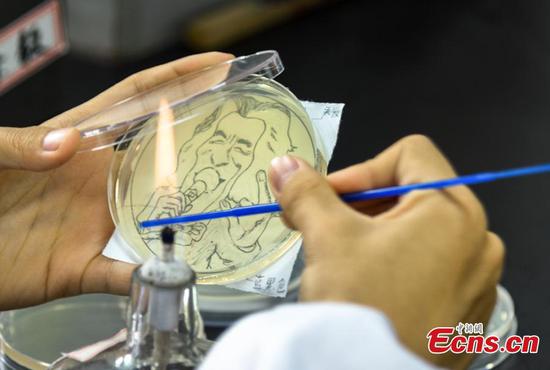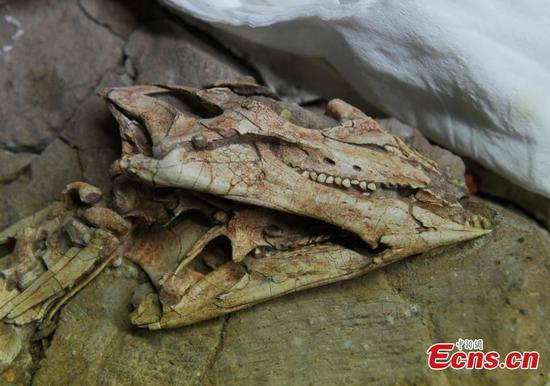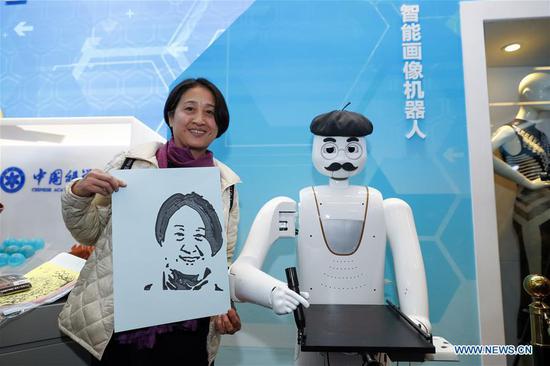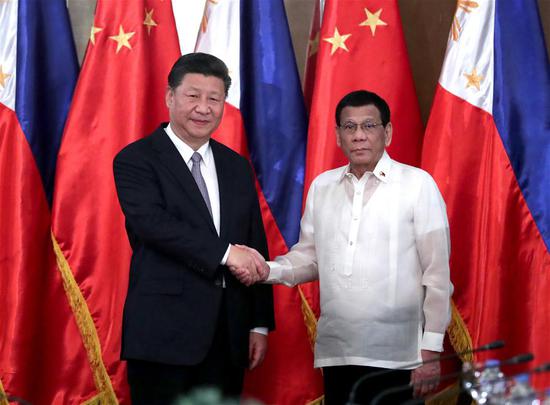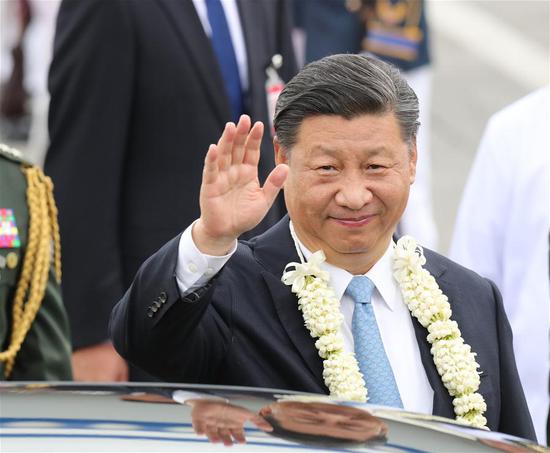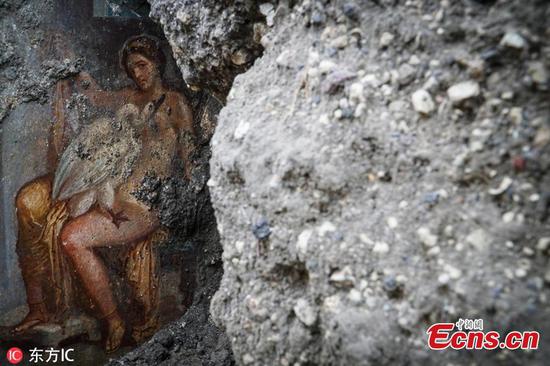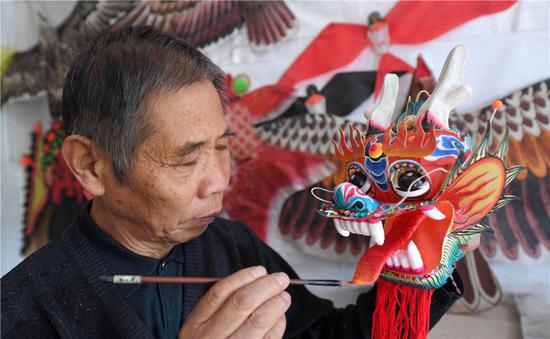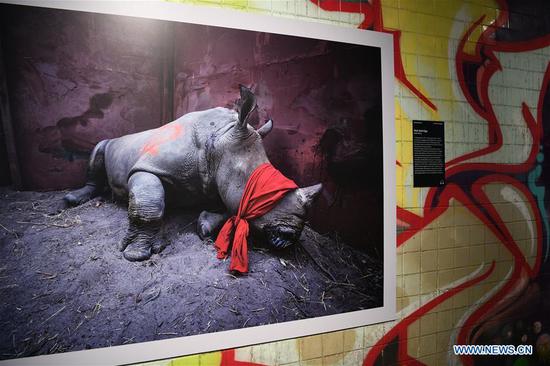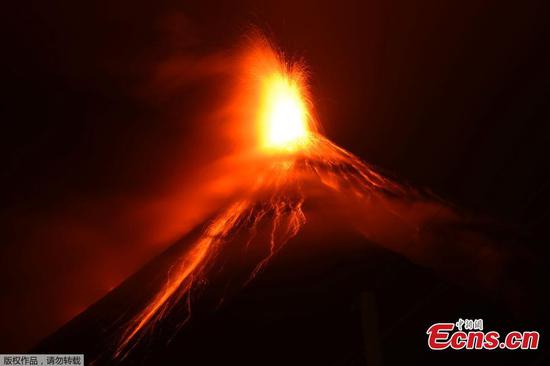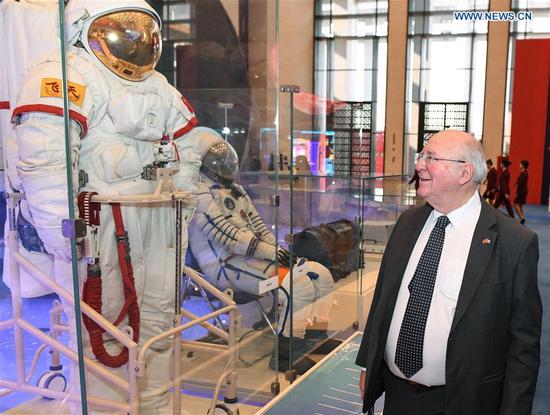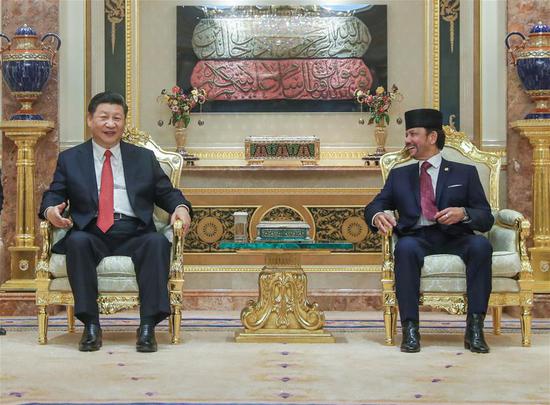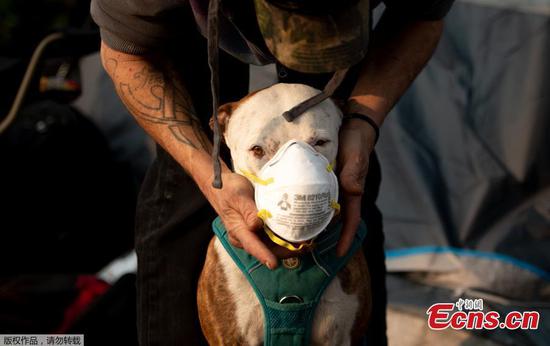Nissan Motor Co. Chairman Carlos Ghosn is now suspected of having continued to understate his earnings in the company's securities reports beyond 2015, sources to the matter said Wednesday.
According to Tokyo prosecutors' latest findings, Ghosn's remuneration over the past three years was far higher than the 2.9 billion yen (25 million U.S. dollars) he reported in the relevant securities reports.
Along with Ghosn, 64, who was arrested on Monday over allegations he under-reported his pay package by 5 billion yen (44.25 million U.S. dollars) over five years from the business year ending in March 2011, Nissan Representative Director Greg Kelly, 62, was also arrested for being in cahoots with Ghosn's widening financial improprieties.
On Wednesday, the Tokyo District Court approved the detention of both Ghosn and Kelly for a further 10 days, as per the request from prosecutors.
Ghosn, also chairman of Renault SA and Mitsubishi Motors Corp., is also now suspected of concealing from securities reports a further 100 million yen's (884,500 U.S. dollars) worth of earnings from a Dutch-based subsidiary, sources with knowledge of the matter said in updated allegations Wednesday.
Ghosn is suspected by prosecutors to have netted in total billions of yen in unreported stock appreciation rights, with the Dutch-based subsidiary believed to have played a hefty role in the scandal that has rocked the global automotive industry.
Remuneration from stock appreciation rights not reported by Nissan in financial statements, is believed to comprise the majority of the 5 billion yen (44.25 million U.S. dollars) in remuneration understated by Ghosn during the period in question.
Ghosn's arrest followed an internal probe launched after a whistleblower's report on the industry bigwig's financial double-dealings.
In order to conduct the investigation, Nissan executives struck a plea deal with prosecutors and provided them with copies of incriminating emails and other materials connected to Ghosn's alleged improprieties.
Sources have also said that while the plea bargain has been struck, prosecutors may consider going after Nissan as a company, due to the fact that the for a long period, the firm's securities reports had been submitted to the Kanto Local Financial Bureau.
The Dutch-based subsidiary is also believed to be central to further allegations that Ghosn was also provided with houses in four different countries, purchased by Nissan, but without legitimate business reasons.
The overseas houses are located in Brazil, France, Lebanon and the Netherlands and the costs should have been recorded in securities reports as part of Ghosn's hefty remuneration package received from Nissan, Tokyo prosecutors said.
Nissan, it has been claimed, paid billions of yen in costs to the subsidiary that owns the houses and it is believed that Ghosn himself paid only a fraction of the rent if any at all.
Ghosn, in a widening scandal that has cast serious aspersions over corporate governance in Japanese companies, particularly those in its scandal-plagued manufacturing industry, is also alleged to have pocketed money allocated for other executives at Nissan.
Nissan Motor previously used to pay to its executives nearly 1.01 billion yen (8.93 million U.S. dollars) less than the amount its annual shareholders' approved.
Tokyo prosecutors suspect that part of the amount may have been pocketed by Ghosn himself as every year the actual amount paid to the executives was one third less than was agreed by the shareholders.
Ghosn was reportedly in control over who and how much the executives got paid.














